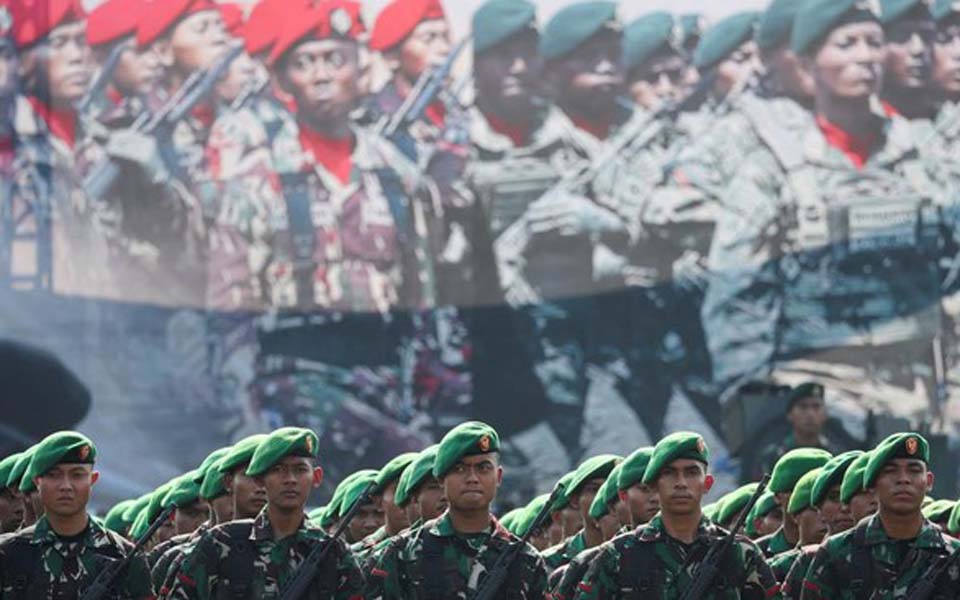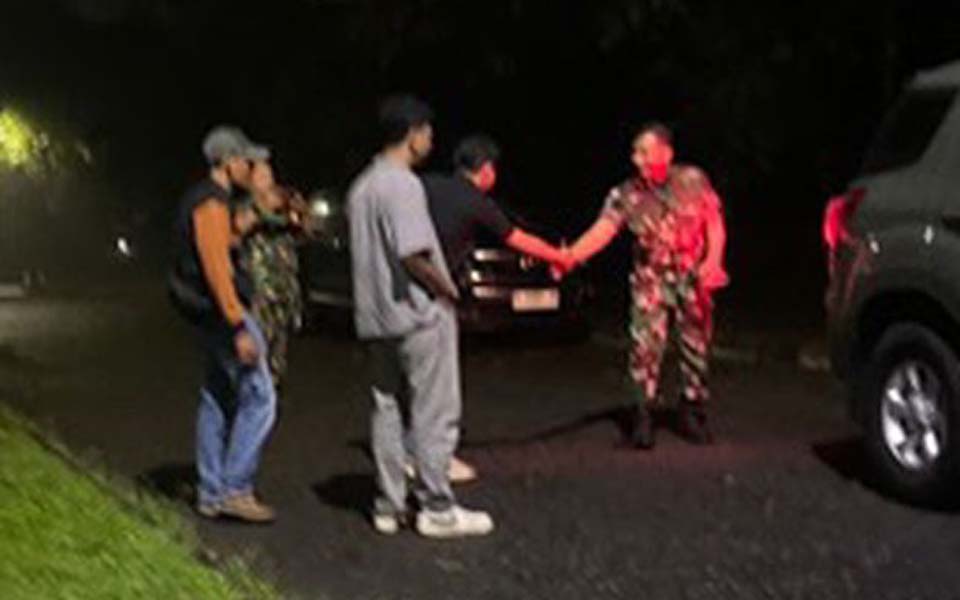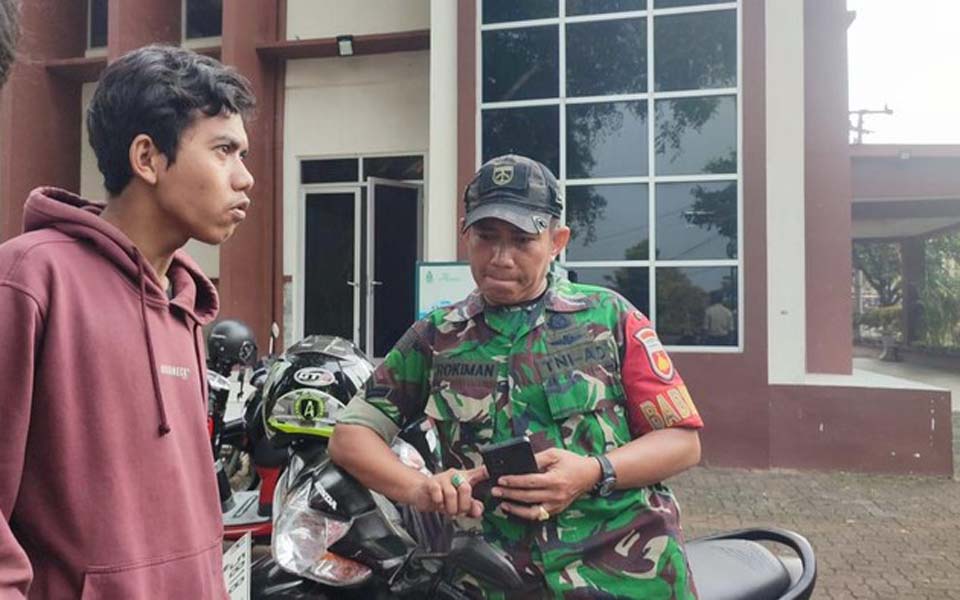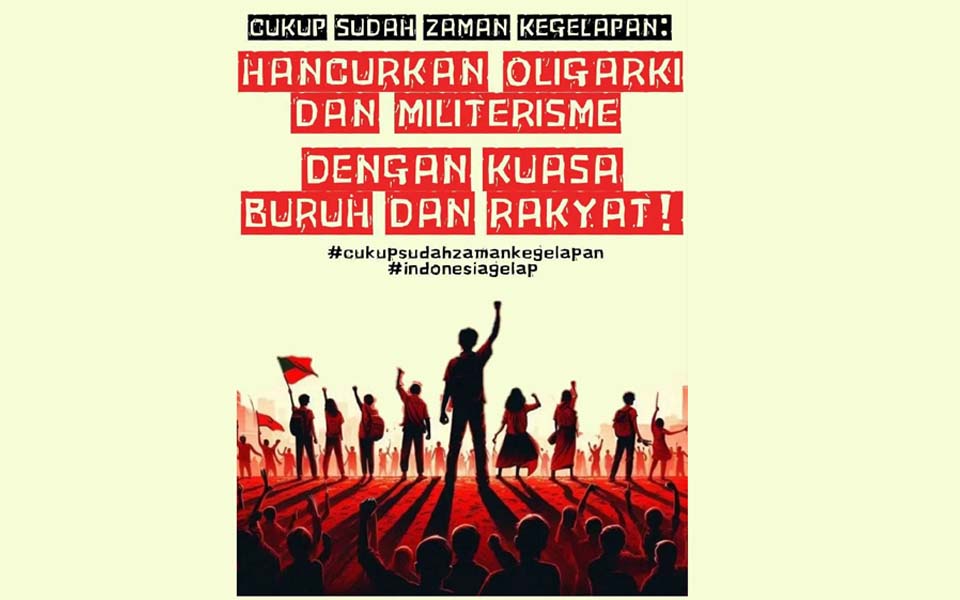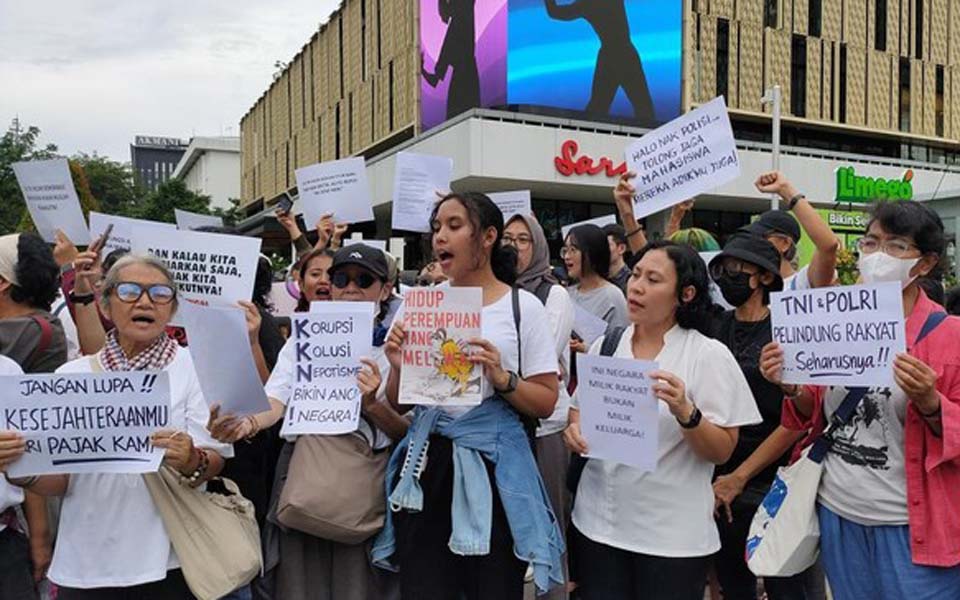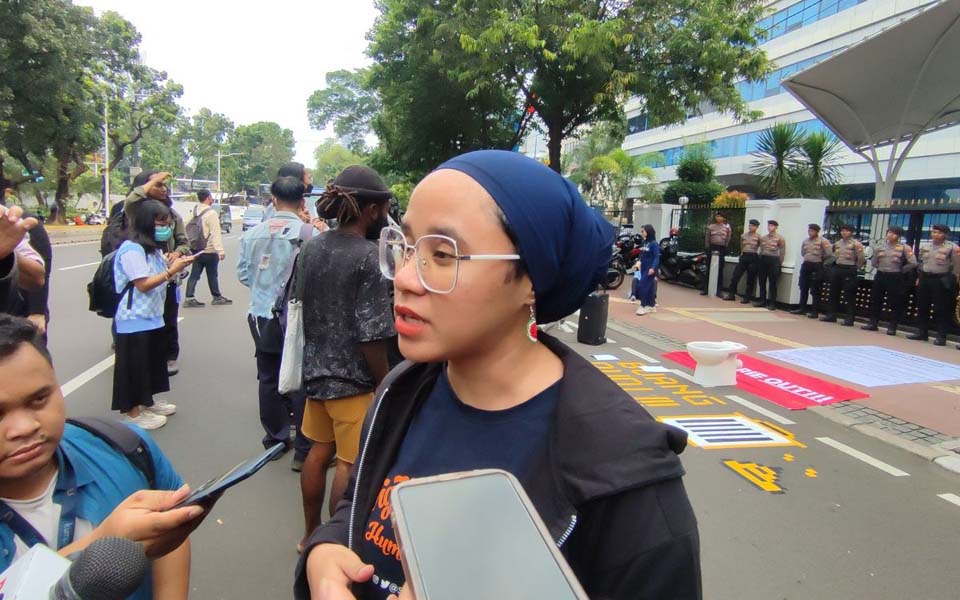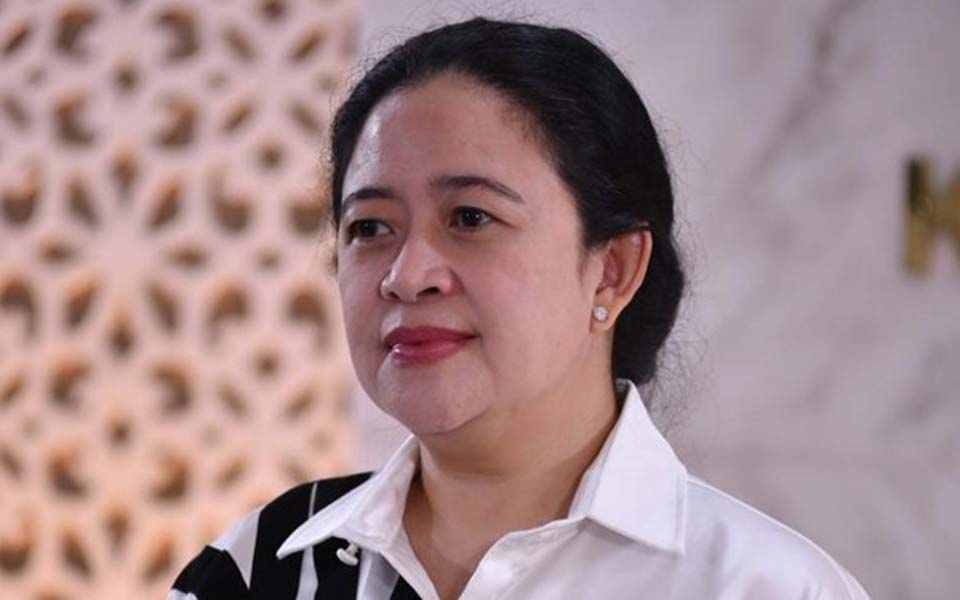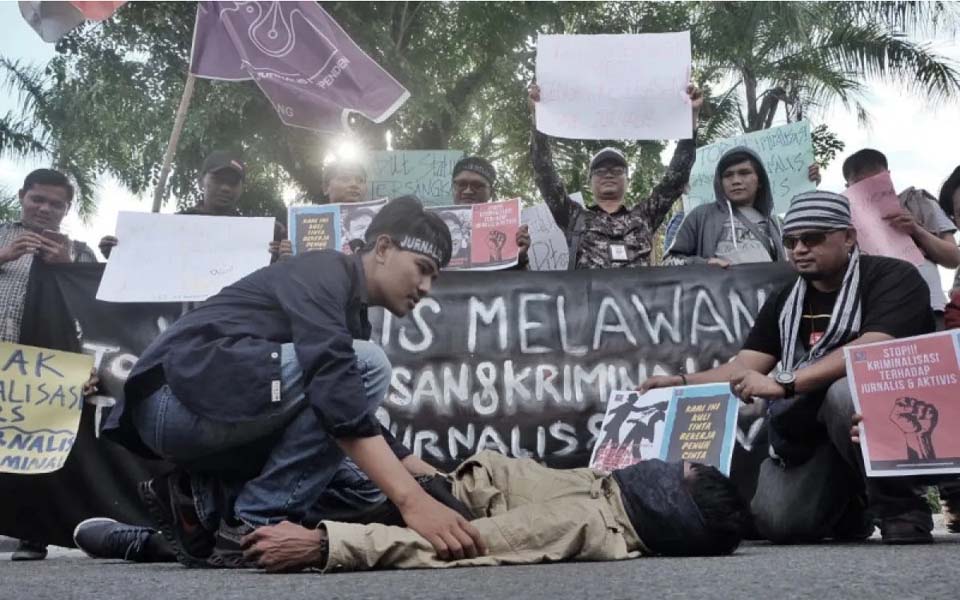Fadel Prayoga, Jakarta – Kompas Research and Development (Litbang Kompas) has conducted a poll related to the public's opinion on the recent revisions to the TNI Law (UU TNI) that have been carried out by the House of Representatives (DPR) and the government.
The result was that 69.5 percent or seven out of ten respondents were concerned that the expansion of TNI's (Indonesian Military) position into the civil domain will undermine reformasi – the political reform process that began in 1998.
Prior to reformasi, the military was named the Armed Forces of the Republic of Indonesia (ABRI) had applied the doctrine of dwi-fungsi or dual function.
The TNI acted as both a defence forces and an active socio-political actor in government. The spirit of reformasi sought to restore the principle task of the military as a tool of national defence and reduce its involvement in civil affairs.
"With this context, it is not surprising that the public wants the state to continue to hold to the spirit of reformasi and a people's democracy. The results of the poll show that 69.5 percent or seven out of ten respondents are concerned that the expansion of the TNI position into the civil realm will undermine the reformasi process that began in 1998", wrote the Litbang Kompas team.
All of these concerns are in line with the assessment of whether or not TNI members who enters a civilian institution must resign from their position in the TNI. No less than 58.8 percent of respondents believe that a TNI member who is serving in a civilian institution must resign from their position in the TNI.
The mass actions protesting the revisions to the TNI Law (Law) reflect the public's resistance to the revisions which were also recorded in the Kompas poll on March 17-20. The survey results showed that 68.6 percent of respondents were also worried about the potential overlapping of authority if the TNI enters a civil institution.
The highest level of concern was found among respondents with a higher education, reaching 81.5 percent. Meanwhile, among respondents with only a basic education, concerns related to the potential for overlapping authority in the tasks and functions of the TNI was 64.5 percent.
The high level of concern among highly educated respondents is considered reasonable, bearing in mind that this group generally has wider access to information and an in-depth understanding of the issues surrounding the ratification of the law.
In addition to his, historically, this concern can be associated with the experience under the New Order regime of former president Suharto, when a military approach was widely applied in civilian government.
One of the highlighted potential risks is when military officers occupy strategic positions in the formulation of civil policy. This risks causing bias in decision making, where policies that should be based on the principles of democracy and professionalism are actually applied with a military approach that is orientated towards a hierarchical command.
Aside from policy substance, the public also highlighted the lack of transparency in the process of ratifying the revisions to the TNI Law. The poll showed that only 34.5 percent of respondents know about the discussion on revisions to the law in the DPR.
Conversely, almost 70 percent of respondents claimed not to know there were any discussions. When viewed based on the level of education, this gap in knowledge is clearly visible.
Among respondents with low education, only 19.8 percent knew about the revisions to the TNI Law. Among respondents with a mid-level education, this figure increased to 35.2 percent. Meanwhile, among respondents with high education, the level of knowledge reached 70.4 percent.
This finding shows that in relative terms the issue of the revisions to the TNI Law were only understood by members of the pubic with a higher education. Conversely, people with a low- and medium-education level tended not to know the ratification process.
The lack of socialisation and public involvement in the discussion on revision to the TNI Law is a critical note. The survey results also revealed that the majority of the public did not see any urgency in ratifying the revision to the law.
As many as 57.8 percent of respondents believe that the revisions to the TNI Law were not urgent, while only 34.9 percent considered that the revisions needed to be done immediately.
With different levels of understanding, the public has a variety of views on the impact of the entry of the TNI into the civil domain on democracy.
As many as 46.8 percent of respondents consider the involvement of the TNI in civilian institutions will disrupt democracy. Conversely, 49.7 percent of respondents consider democracy will not be disturbed.
However, when viewed from the respondent group with a high level of education who better understand the principles of democracy, resistance to the TNI Law revisions tends to be greater. As many as 72.8 percent of respondents in this group believe that the entry of the TNI into civilian institutions will have a negative impact on democracy.
This is related to the principle of civilian supremacy which is the main pillar of democracy. The struggle to uphold this principle is also part of the spirit of reformasi 1998, which aims to ensure a clear separation between civil and military domains in governance.
The survey was conducted by telephone and involved 535 respondents from 38 provinces. The sample was determined randomly from the Litbang Kompas panel of respondents according to the proportion of the population of each province. Using this method, the survey had a 95 percent level of confidence and margin of error of plus-or-minus 4.25 percent in a simple random sampling condition.
[Translated by James Balowski. The original title of the article was "Survei Litbang Kompas: 69,5% Responden Khawatir Perluasan Jabatan Sipil ke TNI Memundurkan Reformasi".]





